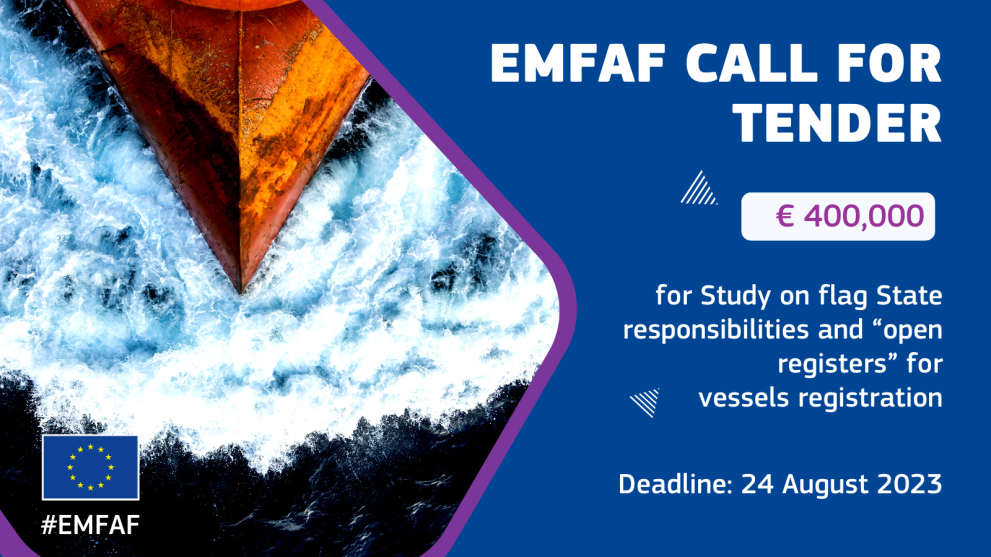
Today the European Commission launched a new call for tender for a study on flag State responsibilities and “open registers” for vessels registration. The call has a budget of EUR 400,000 and is funded under the European Maritime, Fisheries and Aquaculture Fund (EMFAF).
The objective of the study is to provide the European Commission with an up-to-date analysis of the dodgy practice of open registers for vessels, which has widespread impacts, from environmental concerns and labour conditions to illegal fishing, tax avoidance and sanctions evasion.
“Open registers”: a dodgy practice
Each vessel is subject to the laws of the country where it is registered. There are many reasons why vessel-owners register their vessel in a different country. Overall, it is linked to a less rigorous application of regulations of the flag State and the non-ratification of international conventions, compared to the vessel-owner’s home country.
This practice is now called “open registers”. The common characteristics of these registers is that they do not require vessel-owners to have the nationality of nor to reside in the host country (flag of convenience). In addition, they are often operated by private businesses. This practice raises the issue of the fulfilment of flag States responsibilities.
The European Commission has set the fulfilment of flag States responsibilities by the countries that act as open registers as one of the priorities for the EU International Ocean Governance agenda.
Extensive research has been carried out on the issue of flags of convenience and open registers for many years. However, until now research has focused principally on specific aspects and a complete picture is missing.
This study should address this shortcoming by shedding light on the economics of open registers and the various actors involved as well as proposing solutions to address the problems identified.
More information on how to apply are in the Call’s page.
Details
- Publication date
- 5 July 2023
- Author
- European Climate, Infrastructure and Environment Executive Agency
